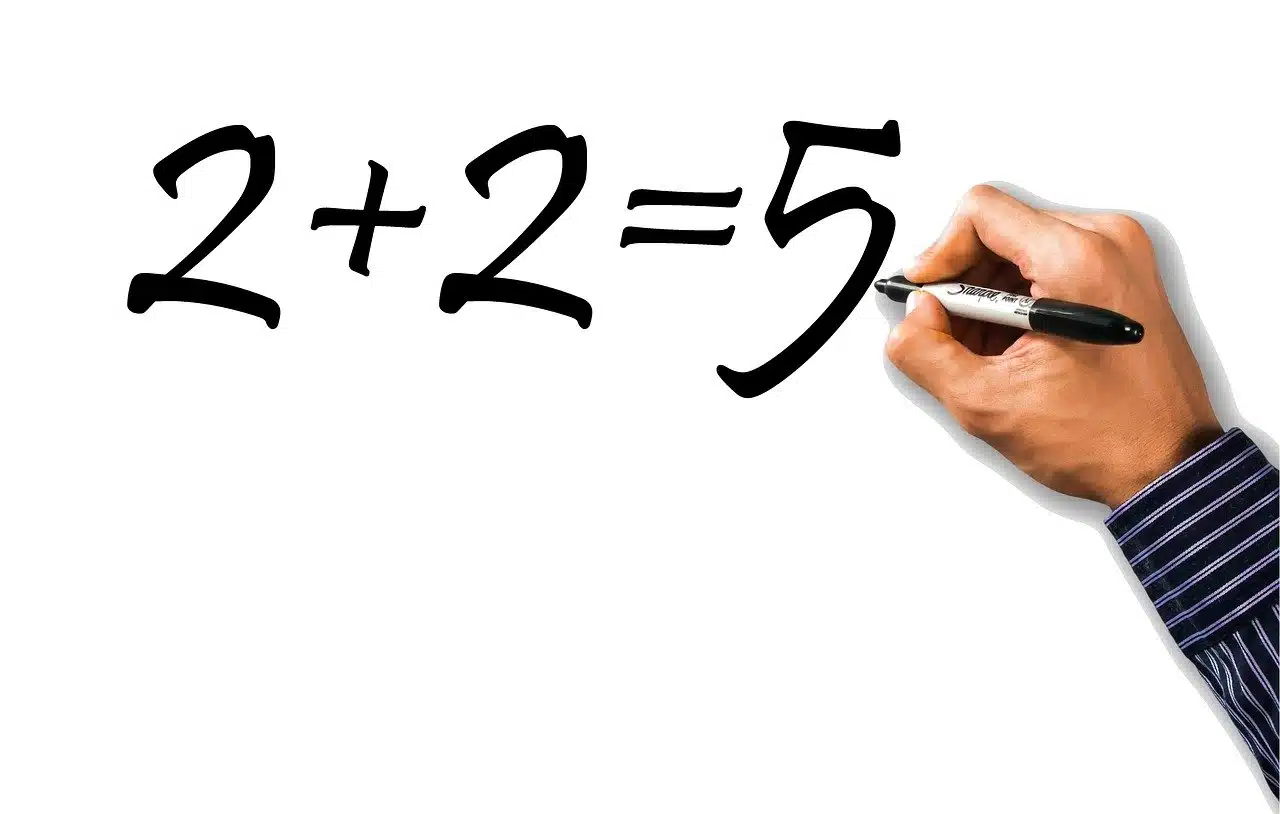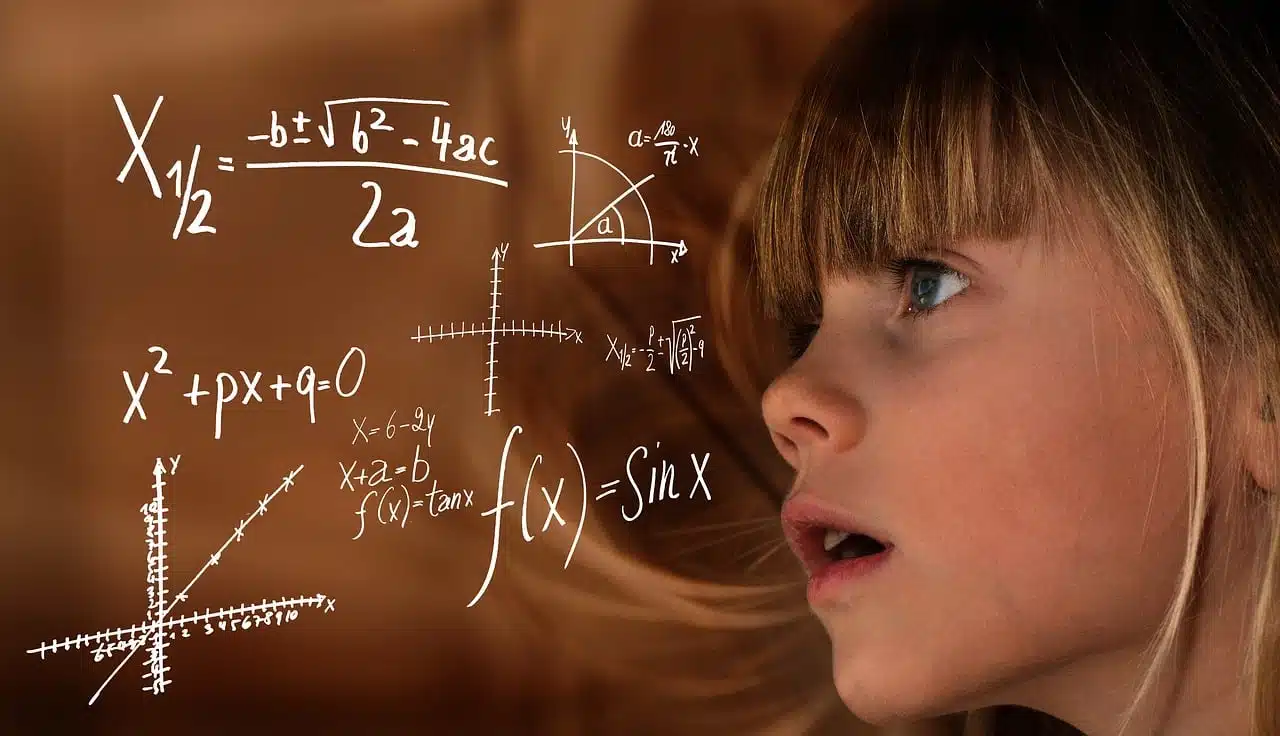
Dyscalculia is a mathematics learning disability.
Dyscalculia is a failure or disability to learn mathematics , which can originate from a vision problem or a disorder in orienting oneself within a sequence. The concept is not included in the dictionary of the Royal Spanish Academy (RAE) .
This disorder affects people who have average or even higher than average intelligence , but who face serious difficulties in performing a calculation or completing an arithmetic exercise. Those who suffer from dyscalculia confuse numbers and signs , fail to develop mental calculations and have problems working with abstractions.
Although this disorder is not widespread (and is even often considered a type of dyslexia ), individuals who experience it may have trouble completing work or academic tasks, such as taking stock or counting points obtained in a game.
Studies on dyscalculia
Specialists generally maintain that students who suffer from dyscalculia should be encouraged to observe mathematical exercises with another approach, focused on the visual .
There are many studies that have been carried out on this learning problem and all of them have agreed in establishing that it usually arises during childhood and more specifically around the age of eight. However, it is true that there are children who have shown their symptoms before and even after that age.
Specifically, the three symptoms that indicate that someone suffers from dyscalculia are the following: a disability in calculation , various sensory deficits, and minimal academic performance . And that is without forgetting that you will also have problems when carrying out a series of day-to-day actions that are related to the calculation, such as returning the change in an economic transaction.

Those who suffer from dyscalculia must face problems in different situations.
The acalculia
It should be noted that there is a concept closely linked to dyscalculia: acalculia . Some experts use both notions as synonyms, while others draw differences and limit the second term to the disability to perform calculations that arises from trauma to the brain during adulthood, and not as a consequence of a cognitive deficit.
Acalculia can be divided into primary (when no other linked disorders are recorded in the field of language) and secondary (when it appears associated with other language disabilities such as dyslexia).
Dyscalculia treatment
When determining the treatment of a person with this learning problem, it is common to basically focus on three different but complementary areas. Among them would be those of the psychomotor type and whose function is to achieve development in this sense, that is, to improve temporal and spatial orientation and even the sense of rhythm.
Secondly, we would come across activities in the pedagogical area, which are those that focus on improving the various types of calculation. And in third place would be the exercises that pursue cognitive development. To achieve this goal, they will focus on improving memory or attention as well as learning mathematical vocabulary, among other things.
